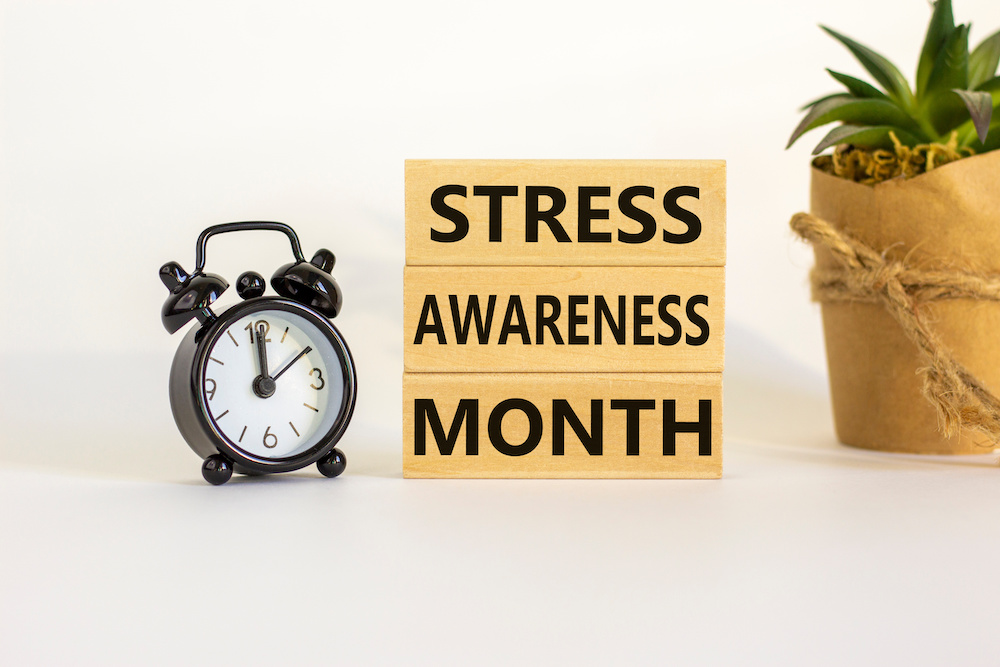Stress Awareness Month has been running since 1992, each year with a different theme. This year the theme is ‘little by little’, based on the concept that our overall wellbeing can be transformed with small, consistent, positive actions. The Stress Management Society[1] “…want to emphasise how even the smallest steps taken each day towards self-care and stress reduction can yield significant improvements in mental health over time”.
As some of you will know, in my wellbeing blogs I usually focus on looking after you because, as managers and leaders, we tend to forget that we need looking after too. I recently qualified as a mental health first aider through a voluntary role I have and I learnt techniques to help both myself and others. So, this blog contains some helpful pointers about how to notice signs of stress along with some tips on beginning an empathetic conversation.
There are four ways in which a person may show signs of stress:
- Physical symptoms – tiredness, headaches, tense, raised heartbeat or faster breathing
- Behavioural symptoms – snapping, being more accident prone, avoiding others or under/overeating
- Emotional symptoms – worried/anxious, irritable, easily overwhelmed, tearful
- Cognitive symptoms – difficulty with decision-making, problems with concentration or memory lapses
If you notice these signs in others (or yourself), a supportive chat can be that small positive action mentioned at the start. Knowing how to conduct that conversation, though, can be daunting. A great place to start is to choose the right setting, to use active listening skills and to have some signposting ideas already prepared.
It’s highly likely that the person who’s stressed will want to have a private conversation in a place where they won’t be overheard – otherwise, the conversation will probably cause them more stress. Use open questions to begin: “How are you today?” or “I noticed you don’t seem to be yourself at the moment; how are you feeling?”. Reassure the person that you’re there to listen and not to judge, and give them your full attention (leave those pesky mobile phones behind!).
When being supportive, it’s important not to make comparisons. Be empathetic – show them you’re trying to see where they’re coming from. Be sympathetic – let them know you understand that what’s troubling them is awful, but don’t compare it to something you or someone else has gone through as it can then appear as if you’re invalidating what’s being said.
Give advice if you feel comfortable doing so. If you don’t know what to say or do, that’s okay – listening to what’s being said shows you care. Sometimes (and I’m speaking from experience), if you’re stressed and feeling low, just knowing someone is there and cares can be enough.
Encouragement is another small action. Ask what would help rather than suggesting or telling them what you think would help. I’ve been told before by professionals to get out and exercise to feel better. Anyone who knows me knows this is the exact opposite of what would help me feel better! But encouraging me to go out or offering to come on a walk with me is so much more palatable and supportive. What you think might help and what someone would want to happen can be very different, as my example shows.
And so, I end with a Mother Teresa quote which I think encompasses this blog and its intended meaning: “We cannot all do great things, but we can do small things with love.”
(The views expressed are my own and not representative of any organisation in which I work.)
[1] Stress Awareness Month 2024 – The Stress Management Society





0 Comments